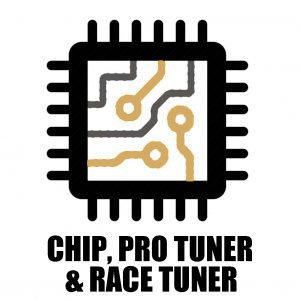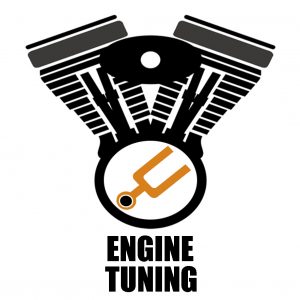Right to Repair SA
Right to Repair SA has been founded by the Motor Industry Workshop Association (MIWA) representing 2500 independent workshops and automotive aftermarket distributors and parts manufacturers.
Right to Repair SA aims to ensure fair competition in the automotive repair supply chain.
The consumer must have freedom of choice out of the various offerings by a multitude of independent companies which offer him/her the combination of service and price that caters to his/her individual needs.
In this perspective, full access to technical information, the freedom to source and supply replacement parts as well as diagnostic tools and test equipment is most crucial for all market operators to exert their professions and to be able to offer their competitive products and services for the benefit of motoring consumers. Only this ensures drivers the right to decide where to have their vehicle serviced and repaired. Such rights require that vehicle manufacturers efficiently and affordably make available to independent operators all software, tools and repair information needed to service the vehicle.
This will not just benefit the consumer but also ensure long term broad based economic growth.
A second aspect of the campaign is to level the playing field between the manufacturers, parts suppliers and workshops, including the manufacturer approved workshops. Legislation needs to support this during the entire life-cycle of a vehicle, thereby assuring continuous cost effective mobility.
What is the Right to Repair?
After years of lobbying the government, the Right to Repair Campaign (RTRC) sought to bring South African practices in line with current legislation that is in place across much of Europe. After extensive consultations with stakeholders and interested parties, the Competition Commission of South Africa has published new guidelines relating to the motoring industry, which franchised dealers must follow, or face punitive measures in cases brought to the Competition Commission by consumers.
The underlying legal basis is the existing Competitions Act, Act 89 of 1998.
It is important to note that these new guidelines do not affect, replace or negate existing consumer protection as enshrined in the Consumer Protection Act, a detailed explanation of which you will find here in our recent podcast with the highly regarded consumer journalist and veteran #CarsAwards judge, Wendy Knowler.
The new Right to Repair (RTR) guidelines only apply to the sale, servicing and repairs of new and used vehicles that are still within their original warranty period.
How will I know if I am being sold genuine parts?
Reputable and MIWA-accredited dealers should only fit genuine parts in your vehicle, and you are entitled to – and definitely should ask for – a list of those parts and their parts numbers to be included on your invoice. A thorough paper trail will definitely be a valuable tool should a dispute arise.
The reality is that many parts in your car, especially consumables such as filters and spark plugs, are not made by OEMs. They are made by brands such as Bosch and NGK for the big car brands. Independent workshops will often fit exactly the same part to your car that the franchised dealer would have fitted, except the part arrived in a white box instead of a box with a BMW logo on the side.
It is hugely important to ask which parts are being fitted to your car, especially in the event of a large part replacement, like a clutch.
Article credit – DAR Automive & Cars.co.za







